The treatment of older patients with acute myeloid leukemia (AML) considered unfit for receiving intensive chemotherapy is challenging. Based on the hypothesis that addition of the broad tyrosine kinase inhibitor (TKI) midostaurin could improve the response to hypomethylating agents, irrespective of FLT3 gene mutational status, we conducted a randomized phase II multicenter study to assess the tolerability and efficacy of the addition of midostaurin to a 10-day schedule of decitabine in unfit (i.e. Hematopoietic Cell Transplantation Comorbidity Index (HCT-CI) ≥ 3) AML and higher risk myelodysplasia (MDS) patients (HOVON155 trial). In total, 140 eligible patients were randomly (1:1) assigned to treatment with 10-days of decitabine alone (N = 70) or combined with midostaurin (50 mg bid;starting the day following the last dose of decitabine), (N = 70). Addition of midostaurin was well tolerated and the number of AEs was comparable for both treatment arms. Early death rates (< 30 days) were similar as well (10%). In the decitabine plus midostaurin arm 24% reached CR/CRi, the median OS was 4.8 months and 1-yrs OS was 31% which compared with 34% CR/CRi, median OS of 7.4 months and 1-yrs OS of 37% for the decitabine alone group (NS). Thus, while the addition of midostaurin appears safe, it does not enhance therapeutic efficacy of decitabine in unfit AML patients.
Windows en Linux
Houdt de toets ctrl ingedrukt en draai het muiswiel omhoog of omlaag
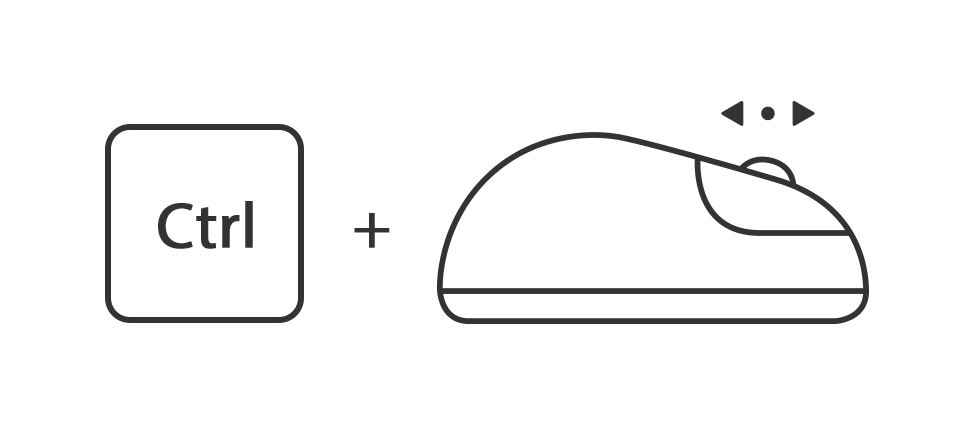
Of houdt de toets ctrl ingedrukt en druk tegelijk op de toets + of -
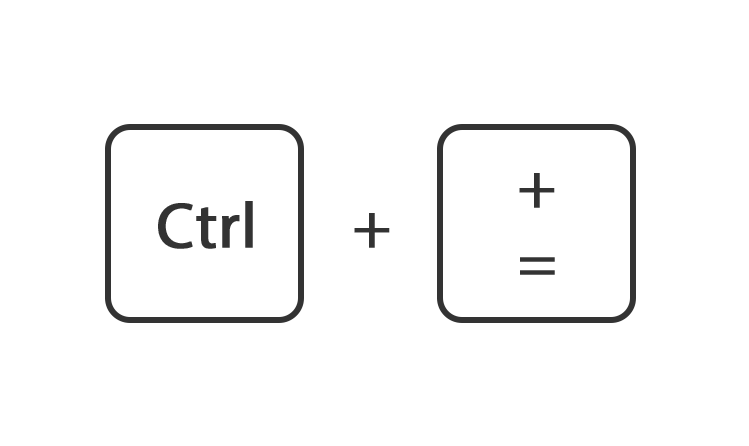
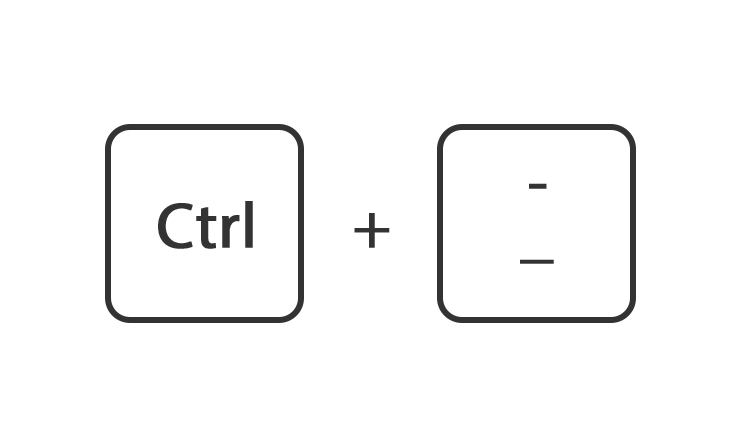
Of ga rechtsboven naar instellingen en gebruik de instelling zoom
Mac
Houdt de toets command ingedrukt en druk op de toets + of -
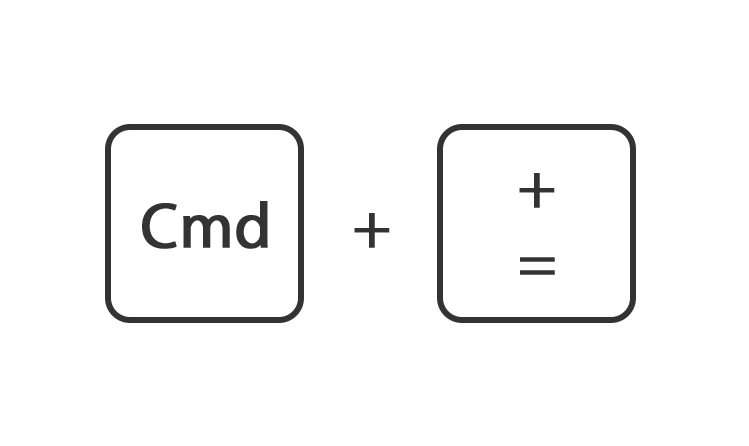
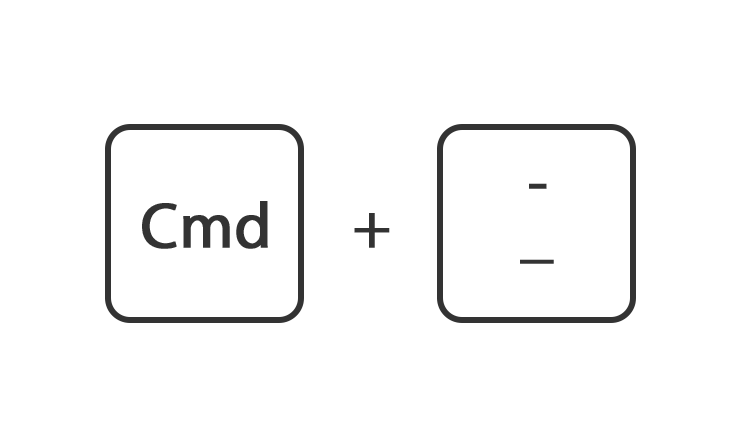
Of ga rechtsboven naar instellingen en gebruik de instelling zoom.